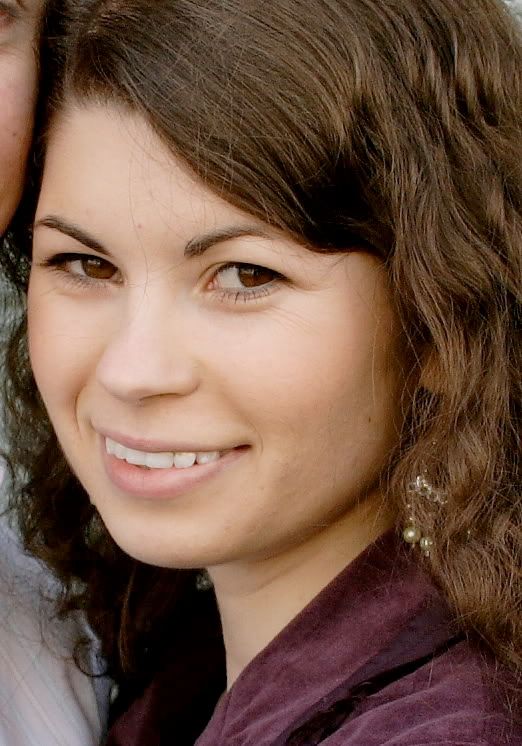Week 2 was a short week due to the Ekka public holiday on the Wednesday and then another pupil free day on the Thursday.
On the Tuesday night was the school dance and I volunteered to be a supervisor. I had a great time! It definitively made me feel old seeing all of the kids there dressed up. I think attending these type of events outside of school time it great for building up a rapport with students.
What I learnt:
** you need to be flexible to students needs during a lesson. This means to be able to stop or change the lesson plan to better suit the students. With my SOSE class this week I taught a lesson on the background History of the Gold Rush and I thought that the students would benefit by doing a timeline in their books of Australian history so they could see where the Gold Rush sat in relation to later events. I had a number of key events and the dates written down and students had to put the information in a timeline. As a class we had discussed a number of the events and I asked for students for their understanding of them. I was under the impression that all of the students had learnt Australian history before in primary school however many had gaps in their knowledge of such events. The previous unit that the students had studied was "Who discovered Australia" however the students had no knowledge of what "Terror Nullius" meant or what the Federation of Australia was. Therefore, rather than continuing on with the next activity, I made sure that students had a complete understanding of the events. I did this through questioning the students, having the students themselves ask questions. I also needed to make sure that they knew what a timeline was and how the date system worked with BC and AD.
So basically I learnt that every students, especially in year 8, have varied educational experiences and knowledge and that it is best not to assume that they would have learnt it in primary school. I also learnt that the teacher needs to be constantly checking for understanding. I do this through moving around the classroom, check students work, asking students individually questions, asking the class questions, having the students explain something or putting it in their own works and summarising.
** I have learnt that as a teacher you must work into the classroom with the confidence on knowing what you are going to teach and how you are going to teach it. This week I taught a lesson on Beowulf to by year 9s. I little knowledge of it before hand, however the weekend before, I study up on the poem and learnt how to pronounce the names. I think that it was important to be able to work into the classroom with confidence.
What went well:
** I was teaching a lesson on the reliability of historical sources and the students were about to study the story of King Arthur. The students had the task of researching the reliability of the story. I first showed the students images of gossip magazines and I asked the students "how do we know that this is reliable?" "what evidence would we need?" I then asked them about Santa "Is the story of Santa based on truth?" "What evidence do we have?" The basis of this was for students to understand that often legends or stories are based on some historical truth however it is the details around the story that change over time. I then showed a short clip from the movie Excalibur where Arthur pulled the sword from the stone and asked the students "what evidence do we have of this?" I think this worked really well as a way to get the students interested in the topic and to connect to the knowledge that they already have.
**My year 11 class had their exam this week so I have marking to do this weekend!
Saturday, August 25, 2007
Subscribe to:
Post Comments (Atom)

No comments:
Post a Comment